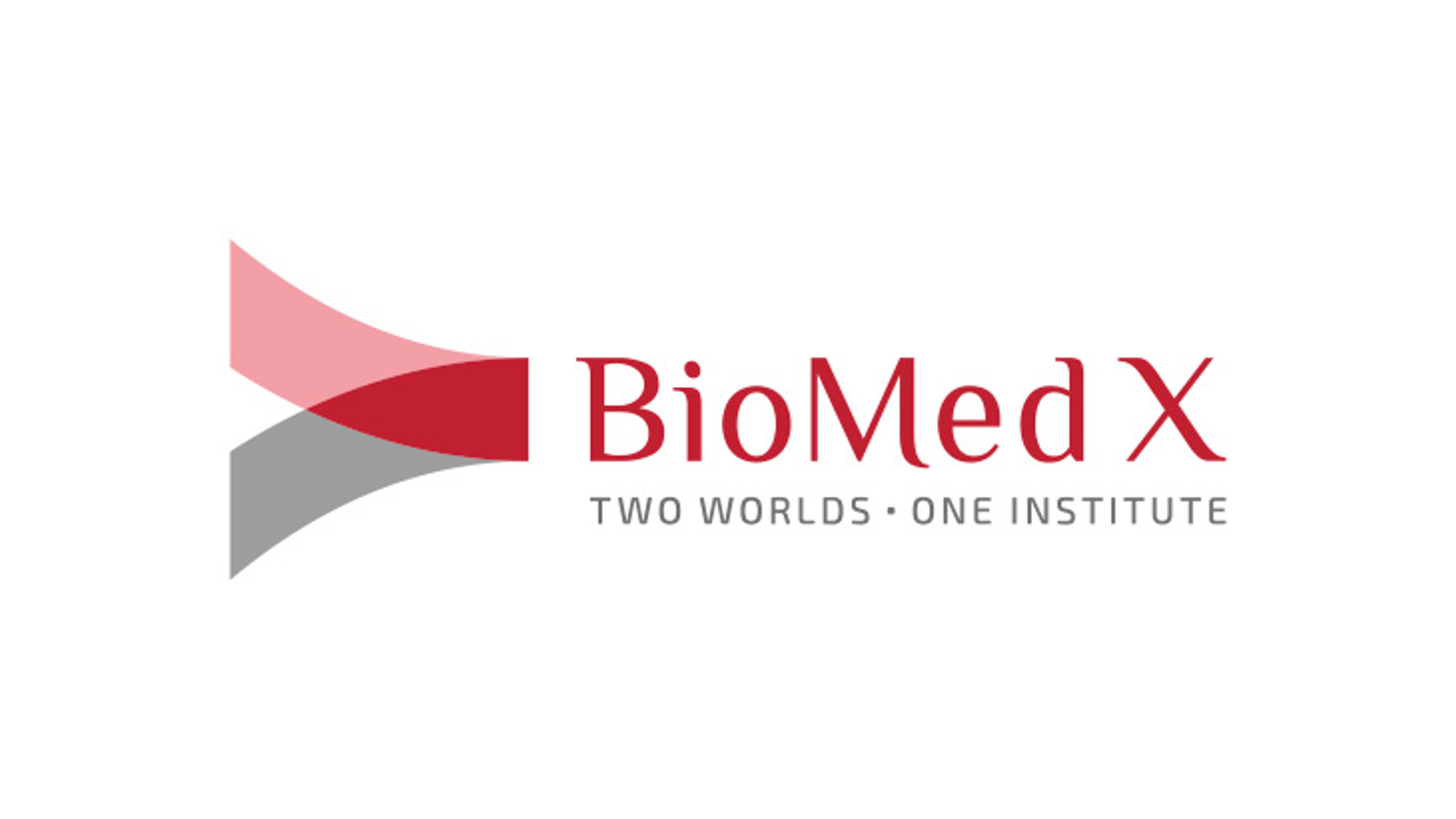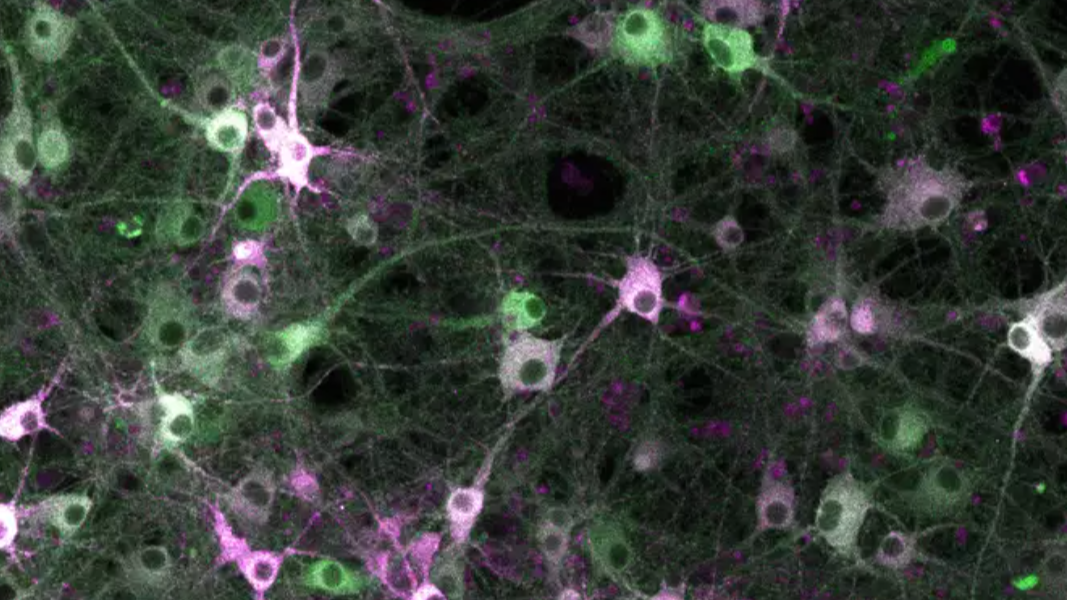EMBL Agri-Tech Partnership to deliver safe food and environmental health

The partnership will address global food security challenges through optimised agricultural research and data-driven innovation

ByEffie Mutasa-Gottgens, Matt Hall, Birgit Kerber, Sarah Dayer, Emily Pomeroy, and Laurène Ramos Martins
Feeding a growing global population while adapting to challenges posed by climate change remains one of humanity’s most pressing concerns. Worldwide, crops are under threat from unpredictable weather events like drought, floods, and unseasonal temperatures, and from the accompanying changes in disease and pest profiles. Climate-resilient crops are increasingly necessary, together with environmentally benign pest and disease control strategies in synergy with the agricultural ecosystem.
The EMBL Agri-Tech partnership (ATP) is a strategic response to these challenges. It aims to optimise agricultural research and development (R&D) by effectively providing for, managing, and using agricultural biodata. The partnership is poised to deliver cross-industry collaboration and projects to create bespoke, sustainable, high-quality pre-competitive data resources and computational tools. By leveraging EMBL’s broader research capabilities, and results from the ‘Molecules to Ecosystems’ scientific programme, the partnership can tap into a wealth of interdisciplinary expertise and experimental resources, further enriched by EMBL’s illustrious 50-year history of scientific excellence and innovation.
Addressing critical challenges
EMBL recognises the urgent need to accelerate the harmonisation, integration, and accessibility of public data for agriculture. This is essential for efficient R&D and necessary to help breeding and farming practices that ensure food production in a safe, environmentally sustainable manner.
Moreover, the transformative potential of omics data and emerging technologies such as remote sensing, artificial intelligence (AI), and machine learning (ML) for generating vast amounts of agricultural data is well recognised. The challenge lies in effectively harnessing and leveraging these data to drive scientific discovery and innovation, particularly in industry.
To address this, EMBL-EBI initiated the Agri-Tech Partnership, engaging with founder members Bayer, Syngenta, and Unilever, in a collaboration to develop the scope and potential of a bespoke AgriData Platform (ADP). An immediate challenge for industries in the agri-tech sector is to optimise data-driven research towards developing tools that will help plant breeders benchmark climate-resilient genetics in crops.
Tools to characterise ecosystems and services that can support crop health and productivity are also required. From an environmental monitoring perspective, a clear understanding of biodiversity and the organisms indicative of healthy environments, safe from undesirable perturbation by pesticides, is essential.
“The integration and accessibility of agricultural data are fundamental to ensure food security and sustainability,” said Vanessa King, Senior R&D Manager, Plant & Agricultural Science, Unilever. “Initiatives like the Agri-Tech partnership pave the way for transformative advancements in agricultural practices.”
Vision and ambition
The primary vision of the Agri-Tech Partnership is for an AgriData platform that is an open, integrated, and expansive resource for agricultural biodata and computational tools. The platform should capitalise on existing publicly funded resources while addressing industry-specific needs. By fostering collaboration and sharing costs via the partnership, the data platform will accelerate research and save resources for partners. It will deliver, to frontline R&D scientists, actionable solutions otherwise beyond the capabilities of each individual organisation.
By building on EMBL-EBI’s expertise in bioinformatics and genomic research, alongside the broader capability of EMBL and academic collaborators worldwide, the partnership aims to deliver a data platform that contributes to global food security efforts. Further, there is a shared ambition that the platform will ensure common standards and keep partners at the cutting edge of computational tools and methods to realise the full potential of digital data in agricultural research.
“The world requires sustainable solutions for agriculture and leading partners from industry and academia have started combining forces through the Agri-Tech partnership,” said Mark Ott, Senior Science Fellow at Bayer. “The goal is to deepen our understanding of ecosystem-related topics – an effort that no organisation can tackle alone. With ATP, we’re transforming data sharing into impact — an impact that offers many benefits to our partners in the food value chain that want to support new regenerative agriculture solutions.”
Tackling agricultural challenges and driving meaningful change
AgriENSEMBL is the inaugural ATP project, with a pivotal role in advancing genome annotation for agriculturally significant insect species. This achievement was made possible by the successful collaboration between EMBL-EBI, Bayer, Syngenta, and Rothamsted Research in the Pest Genome Initiative. AgriENSEMBL’s primary objective is to improve biological understanding and to bring new insights into biological control mechanisms, vital for sustainable agricultural practices to enhance global food production and availability.
Hans Cools, Head of Bioscience Digital, Crop Protection Research from Syngenta remarked, “The AgriENSEMBL project exemplifies the power of collaboration in addressing critical agricultural challenges. By pooling our expertise, we can drive innovation and sustainability in ways that were previously unimaginable.”
Building upon the success of AgriENSEMBL, the ATP explores innovative projects in regenerative agriculture, focusing on digital soil (detailed characterisation of the soil microbiome), environmental fate of pesticides, and biodiversity genomics. The ATP leverages the success of EMBL’s Environmental Research Initiative (ERI), which drives cutting-edge research on environmental issues through molecular biology tools. The ERI’s perspective aligns seamlessly with ATP goals, through projects like ‘Fighting pesticide pollution with microbes’, launched in 2021 with generous donations by the Friends of EMBL.
The ATP is committed to spearheading impactful change in agriculture, eagerly embracing forward-looking ideas and partnerships to unlock new possibilities and broaden our horizons to enact tangible transformation within the industry.
Core AgriData Platform features
With EMBL-EBI data resources at its foundation, the AgriData Platform will boast several core features essential to its success.
Firstly, it will integrate diverse data types beyond genetics, including environmental factors like climate, soil quality (type, ecological diversity at the microbial level, its nutritional potential for growing crops, etc.), farming practices, and safety of pesticides. This holistic approach ensures a comprehensive understanding of the challenges and opportunities for plant breeding, crop protection, and agronomy.
Secondly, it will provide user-friendly computational tools to analyse and interpret integrated data, catering to users with varying levels of expertise.
Thirdly, the platform will be designed to be sustainable and scalable, accommodating the incorporation of proprietary data from commercial organisations.
Lastly, it will engender collaboration between industry (across agri-tech R&D sectors) and academia, leveraging successful models in the biomedical sector like Open Targets, where partners co-create and share pre-competitive data needed to drive innovation.
Welcome challenges
Compared with the biomedical sector, in agri-tech, it is more difficult to address privacy concerns and to define the pre-competitive space for stakeholders. Business models are significantly different (e.g. ownership of crop germplasm by plant breeders) and there is an extensive diversity of industries as well as data types and scale (e.g. molecular to landscape).
However, these challenges also present opportunities for innovation towards pre-competitive collaboration driven by the ADP’s evolution as a unified, transparent, and accessible agriculture data ecosystem, aligned with Findable, Accessible, Interoperable, and Reusable (FAIR) data principles.
“Coming together, pooling our strengths and resources, is essential for tackling the major challenges in the agri-tech space,” said Averina Nicolae, Global Scientific Lead – Systems Biology, at BASF. “Only by sharing expertise and costs can we nurture the growth of truly innovative and sustainable solutions.”
Embracing new partners
The ATP is open to new industry members and recently welcomed Biotalys and Corteva. Colleagues in relevant research disciplines across EMBL are encouraged to participate and contribute by translating their research into industry applications. There is no doubt that the ATP holds immense potential for global impact, by providing a mechanism for multinational companies large and small, including start-ups, to share in collaborations that directly tap into EMBL’s resources and capability.
We anticipate a paradigm shift in biodata-driven agricultural R&D to deliver sufficient, high-quality food in sustainably safe and healthy agri-environments. “Through the Agri-Tech Partnership, we can transform real-life data into innovative solutions, driving significant advancements in agricultural research and global food security,” said Siân Ellis, Global Regulatory Ecotoxicologist and Environmental Sustainability at Corteva Agriscience.
Expanding the Agri-Tech Partnership’s Impact
In close collaboration with the ATP, EMBLEM strategically identifies synergistic projects spanning EMBL groups to propel innovation. EMBLEM takes the lead in fostering robust internal and external collaborations, meticulously crafting a sustainable framework for lasting impact. Through dynamic public outreach, EMBLEM advocates the initiative externally, investing in unlocking the full potential of emerging technologies and promoting sustainable agricultural practices for global food security.
EMBL Agri-Tech Partnership addresses global food security challenges through optimised agricultural research and data-driven innovation. The partnership aims to create sustainable, high-quality data resources and computational tools, fostering cross-industry collaboration and driving impactful solutions in agricultural R&D.
Contact the ATP team to find out more or simply subscribe to the Agri-Tech Partnership mailing list to hear about our news and events.




